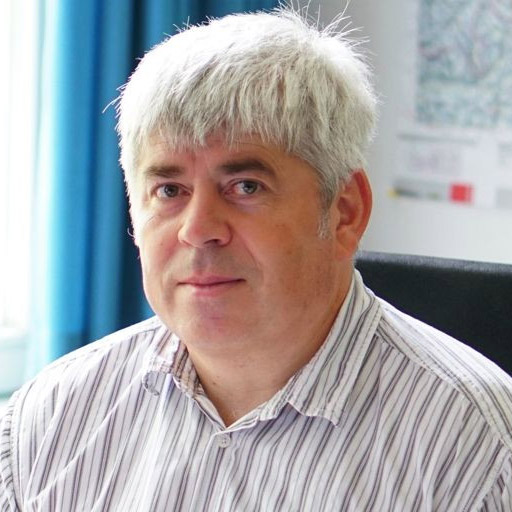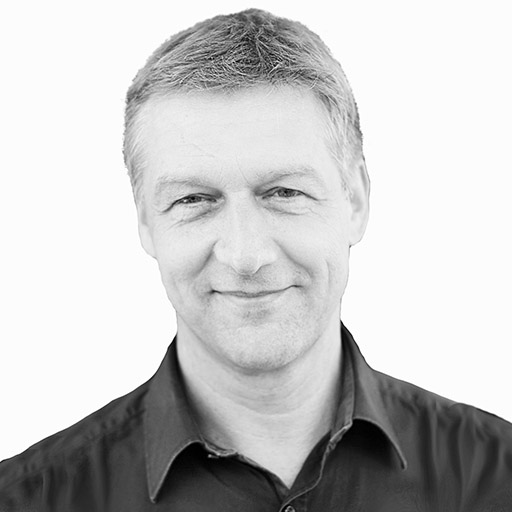Automated 3D reconstruction and the extraction of semantic information from images and image sequences are important research topics in Photogrammetry, Remote Sensing, GIS, and Computer Vision. This workshop is a follow-up to the Semantics3D (2019 and 2023) and Photogrammetric 3D Reconstruction for Geo-Applications (PhotoGA) (2023) events that were embedded in the ISPRS Geospatial Weeks. It will bring together experts working in photogrammetric 3D reconstruction, semantic interpretation of imagery and image sequence analysis in both academia and industry to discuss recent developments, the potential of various data sources, and future trends in 3D reconstruction and information extraction from imagery acquired from terrestrial, drone, airborne and spaceborne platforms, as well as the geo-applications of these methods. Its focus is on methodological research
Chairs

Franz Rottensteiner received a Dipl.-Ing. degree in surveying, a Ph.D. degree and a venia docendi in Photogrammetry from Vienna University of Technology, Austria (TUW). After working as a postdoctoral researcher at TUW and the Universities of New South Wales and Melbourne, Australia, he joined the Institute of Photogrammetry and GeoInformation at the University of Hannover, Germany, where he is an Associate Professor and leader of the research group “Photogrammetric Image Analysis”. His research interests include all aspects of image orientation, classification, automated object detection and reconstruction from images and point clouds, and change detection from remote sensing data.

Norbert Haala is Professor at the Institute for Photogrammetry, University of Stuttgart, where he is responsible for research and teaching in photogrammetric computer vision and image processing. In addition to the evaluation and automatic interpretation of LiDAR data, both from airborne and terrestrial platforms, his main interests cover automatic approaches for image based generation of high quality 3D data. Norbert is winner of the Carl Pulfrich Award in 2013 honoring his impacts to further develop photogrammetric restitutions, in particular in the areas of 3D City Modelling, Dense Image Matching and the use of UAVs.